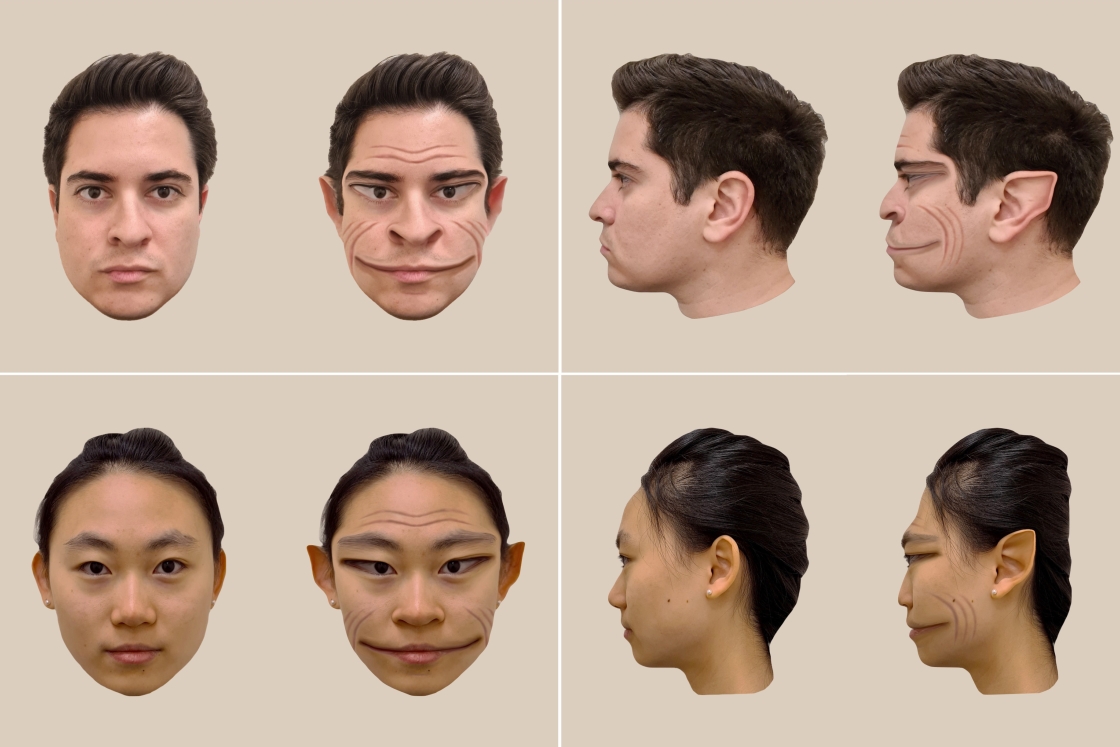Aug. 19, 2015 — The “Terminator” won’t suit up when the Dartmouth football team opens camp next week, but the college will unveil the first mobile padded humanoid in response to nationwide concern about concussions on the gridiron.
The “Mobile Virtual Player” (MVP) is the only powered device that simulates a real football player in size, weight, agility and speed by replicating an in-game experience. The motorized prototype looks like an ordinary tackling dummy but is wheeled, self-righting and remotely controlled. Future models will more closely resemble an actual player and have preprogrammed routes and drills. The MVP can be used in a variety of drills, from tackling and blocking to running and passing, allowing players to make full contact while minimizing head and neck injuries.
The project started two years ago when Head Football Coach Buddy Teevens asked Dartmouth’s Thayer School of Engineering to create a safer, more effective means for players to train for contact. Since then, students have been developing and testing various models under Thayer Research Engineer John Currier. In the most recent test, Dartmouth student Madison Hughes, captain of the U.S. rugby team for the 2016 Summer Olympics, repeatedly tackled the MVP, which also impressed him in agility and sprint tests.
The MVPs are to be marketed to pro, college, high school and youth teams in the near future. The researchers have a patent pending and are developing a business plan with the Dartmouth Entrepreneurial Network. With a small-scale manufacturing cost of about $3,500 per device, the MVP is made out of variable density foam encasing a novel drive system that moves in any direction.
The MVP project also illustrates several of Dartmouth President Phil Hanlon’s priorities, including innovation, experiential learning, entrepreneurism and engineering.

